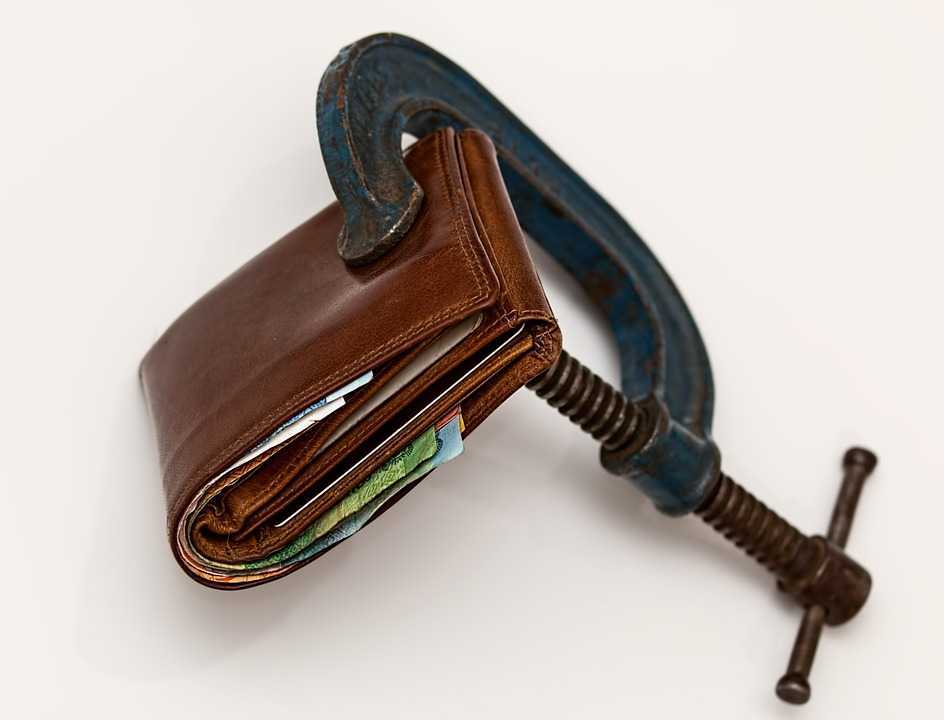 Over 2000 people file for personal bankruptcy in the country every day.
Over 2000 people file for personal bankruptcy in the country every day.
Despite the United States Courts observing a 12% decrease in the number of bankruptcies in 2015 compared to the previous year, bankruptcies are still a major disruption of life. People who file for one undergo credit counseling and negotiations with the creditors, in hopes of producing a manageable payment plan. These individuals in heavy debt shouldn’t jump into a pit of despair just yet though, as previously bankrupt finance writer Geoff Williams debunks common misconceptions regarding how “bad” bad credit really is.
Lose Yourself
In a 2010 interview with TIME Magazine, Williams said that “a lot of living well with bad credit is about attitude and feeling good about yourself regardless of your situation, and realizing that you’re not a terrible person just because you have bad credit.” He explains that credit, like most finances, is very subjective. What a “good life” means for one person may be a deprived life to another. “A person can make $200,000 a year or more and have bad credit, and a person can make $20,000 a year, and both might have lousy credit,” he adds.
When asked about homeownership, Williams said that it is a tough affair, regardless of credit rating. He advises homebuyers with bad credit to work for nonprofits, government organizations, and real estate agents who can steer them in the right direction.
Lose Everything
To many bankrupt individuals, loans seem to be a great way to ease the pain, but many are afraid of rejection. Utah Money Center says local moneylenders don’t mind bad credit, actually, especially if your income is in an upswing. “Your best shot of getting a loan with bad credit is to show that you finally have steady income — and that lately you’ve been making your payments and keeping your creditors happy… Just as beauty is in the eye of the beholder, a good credit risk is in the eye of the lender,” Williams remarks.
Geoff Williams stresses that bad credit isn’t always a person’s fault. Especially when medical bills or natural disasters are involved, bad credit is rarely a sign of financial neglect. Still, he warns that people displaying actual irresponsibleness should not be “rewarded by being given more money and at a fantastically low interest rate.”
With the country’s credit system, people can unknowingly end up bankrupt, but there are many ways of finding a way out of any financial pit. Geoff Williams is an example of this, rounding out the interview by saying, “I think most people are happy to own up to their mistakes, and want to pay off their debts, without, hopefully, having their lives destroyed in the process, and those people are the ones I feel need support and encouragement.”

